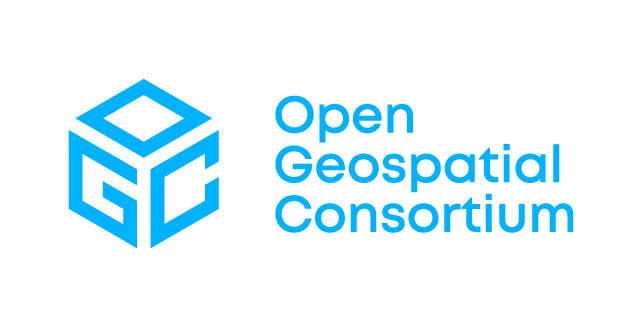European Research Council (ERC) Consolidator Grant
With the growing human population, the diffuse nutrient emissions from agriculture are expected to increase with the rise of fertilizer use. This situation has created a need for “sustainable intensification” by increasing yields while simultaneously decreasing the environmental impacts. Nature-based solutions (NbS) such as wetlands and riparian buffer strips can efficiently reduce the nutrient runoff from agricultural catchments. However, most land and water management studies mostly do not identify specific priority areas where the nutrient runoff to the water bodies is the highest (hotspots) nor do they provide spatially explicit solutions to improve the environmental conditions. Identification of priority areas will be important for ensuring cost-effective interventions to reduce the impact of intensive agriculture.
The proposed project aims to develop an analysis, modelling, and machine learning (ML) framework for finding spatially optimal land management scenarios for implementing NbS such as wetlands and riparian buffer strips to reduce agricultural nutrient runoff from catchments at different scales. Moreover, the project will identify the landscape predictor variables at different spatial scales for nutrient concentrations and their cross-scale interactions using ML.
We will implement a novel Discrete Global Grid System data cube to manage all environmental data needed for modelling. We will take advantage of the strength and flexibility of existing ML methods to deal with complex ecosystem responses, and to reveal new interactions among water quality predictor variables. ML together with geospatial analysis will help us to develop different spatially explicit NbS allocation scenarios which we will evaluate with process-based hydrological modelling. In addition, we will address the challenges of processing large datasets by using proven parallelisation and distributed computing toolkits.
Funding agency: European Research Council
Principal investigator: Evelyn Uuemaa, 1.01.2024−31.12.2028






